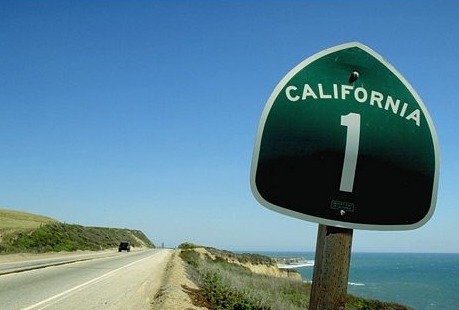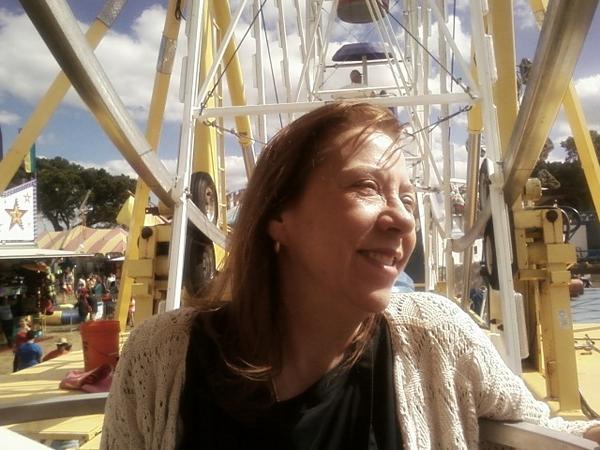Not long after Hilary died, an old friend of mine who is also a psychiatrist said something that stayed with me: “You should try to reach a point where you can see your marriage to her as a blessing.” My Jewish friends have a different way of putting it: May her life be as a blessing. But it was difficult for me to feel that way in the first few months that followed Hilary’s cruelly untimely death, fixated as I was on the sheer wrongness of it. To die a month after receiving the double lung transplant for which we’d spent seven long years waiting—how could that make any kind of sense?
Would that I had found solace in the comforts of faith. Alas, I was unable to drive these terrible lines from King Lear out of my tortured mind:
As flies to wanton boys are we to th’ gods.
They kill us for their sport.

Only in the past month or so have I started to find it possible—on occasion—to remember with joy the good times that Hilary and I shared during the fifteen years of our marriage. Knowing that her life would inevitably be cut short, I resolved early on to fill what remained of it with what we called “adventures,” most of which I chronicled on this blog. We traveled from coast to coast seeing shows for The Wall Street Journal. We drove up Highway 1 from San Diego to San Francisco one summer, and made the same trip in reverse two years later. We spent a long weekend cruising on a windjammer and eating fresh lobster, the food she liked best, so much so that I made sure it was on the menu of every restaurant where we dined on our annual trips to Maine. We stayed in three different Frank Lloyd Wright houses and went to two county fairs (I rented a wheelchair for the day and pushed her from ride to ride). I wrote an opera libretto and a one-man play about Louis Armstrong, and Hilary was in the audience for the opening nights of both shows, as well as the night when I made my debut as a professional stage director. And—best of all—we spent the better part of six winters on Florida’s Sanibel Island, our favorite place in the world.

Hilary was the ideal traveling companion, throwing herself into our shared adventures with contagious gusto. Though she didn’t much care for the novels of Henry James, I think she would have liked these lines from The Ambassadors: “Live all you can: it’s a mistake not to. It doesn’t matter what you do in particular, so long as you have had your life. If you haven’t had that, what have you had?” Knowing that she was destined to die before her time, she lived all she could, and I delighted in dreaming up new ways for her to do so. To see her wonderful smile—it lit up her whole face whenever she was happy—never failed to make my efforts worthwhile.
This is the first Thanksgiving since Hilary’s death, and I’m trying to be thankful for what we had, and grateful that I (usually) knew how happy our life together was while we were living it. The two of us saw Our Town together four times, in Petersborough, Hartford, New York, and Boston, and though we never talked specifically about the question that Emily asks the Stage Manager at play’s end, I feel certain that Hilary was at all times intensely aware of its immediate relevance to her condition: “Oh, earth, you’re too wonderful for anybody to realize you. Do any human beings realize life while they live it…every, every minute?” Hilary did, and because she did, so did I.
Even now, such gratitude doesn’t come easily to me—I’m still bruised by what I went through in the last couple of years of Hilary’s life, when her health started spiraling inexorably downward—but I hope that the adventures we shared will someday be the first thing I think of when I think of her. That will be a blessing.
* * *
A scene from the 2002 Broadway revival of Thornton Wilder’s Our Town, with Maggie Lacey as Emily and Paul Newman as the Stage Manager:
